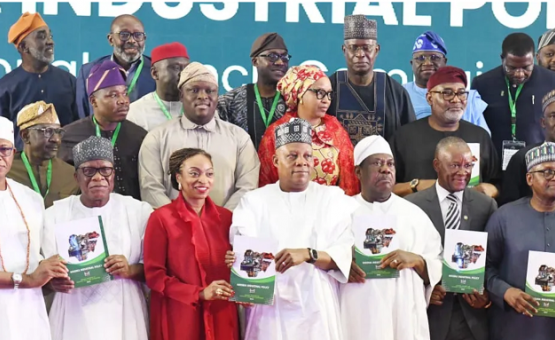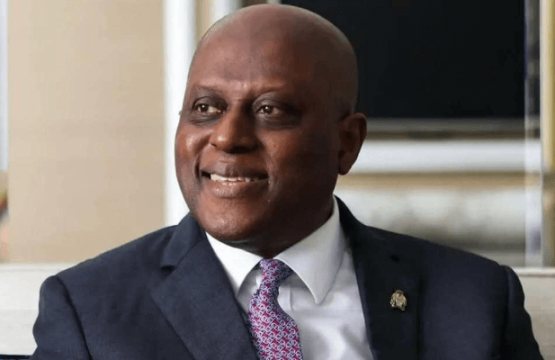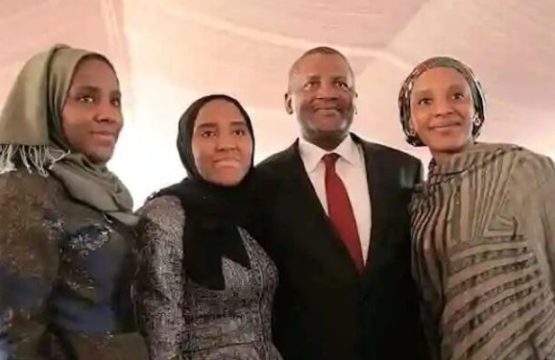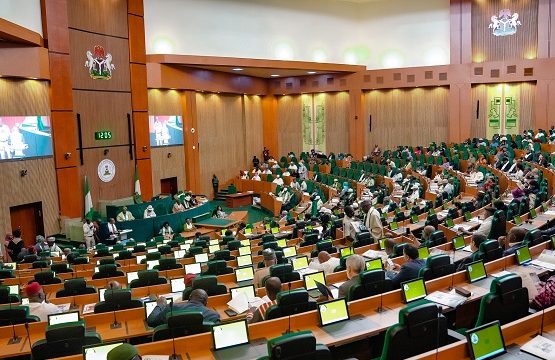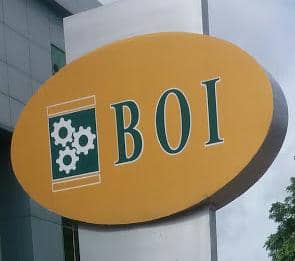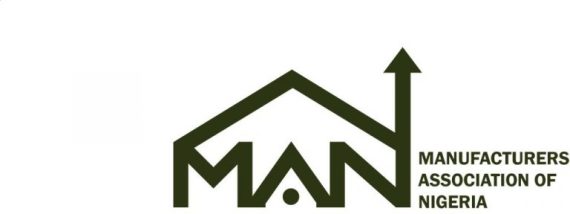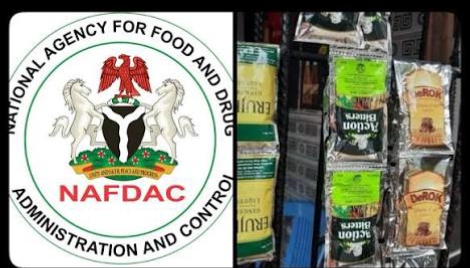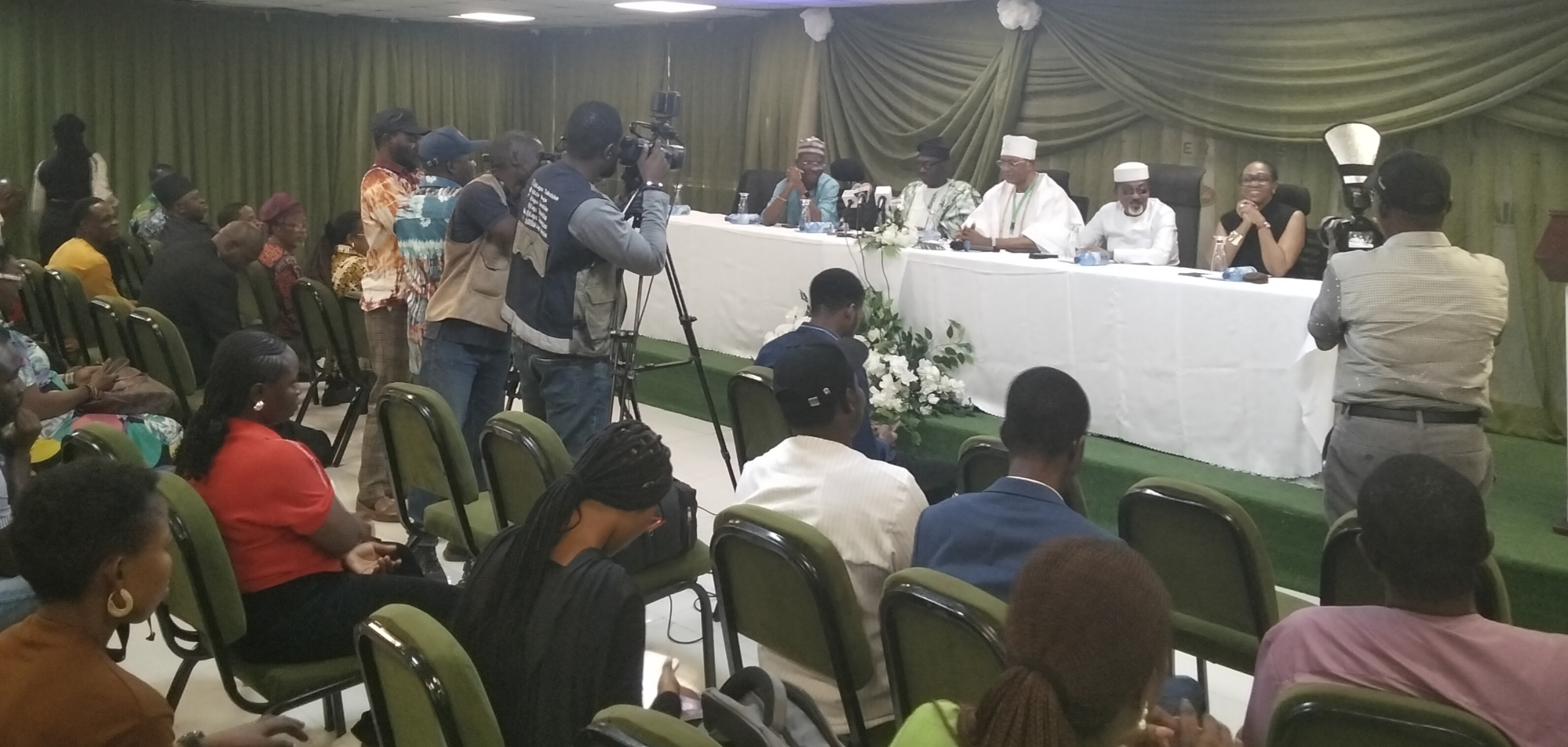The Manufacturers Association of Nigeria (MAN) has expressed surprise at the reintroduction of the 4% Free-on-Board (FOB) charge on imported raw materials and machinery by the Nigeria Customs Service (NCS).
Segun Ajayi-Kadir, the Director-General of MAN, conveyed the manufacturers’ discontent:
“This came as a surprise, as the charge, which was reintroduced in April this year, had been commendably suspended by the Federal Government following overwhelming condemnation from virtually all stakeholders.
They rightly argued that the charge was ill-timed and would inevitably lead to a significant escalation in the cost of imports.”
The blanket 4% FOB charge on the value of imports—under the current challenging economic conditions—is not industry-friendly and certainly not development-oriented.
Ajayi-Kadir noted that the implementation of this charge starting from August 4, 2025, has resulted in a substantial increase in the cost of raw materials, machinery, and spare parts that are unavailable locally and must be imported.

He stated that while MAN supports the Government’s efforts to streamline trade processes, reduce the cost of doing business at the port, and enhance fiscal transparency, the blanket 4% FOB charge on the value of imports—under the current challenging economic conditions—is not industry-friendly and certainly not development-oriented.
He emphasised that a 4% charge on high-value imports such as raw materials and machinery will lead to a significant net increase in costs, further burdening manufacturers.
The association urges the Customs to maintain the previous structure of a 1% CISS plus a 7% charge, as this approach better ensures adequate revenue mobilisation for Customs without penalising essential industrial imports.
MAN warned that if Customs does not revert to the previous charge structure, the increased FOB costs will be passed on to consumers, fueling inflation, which already stands at 21.88% as of July 2025, and exacerbating the ongoing struggle with high inflation rates.
The association noted that in the West African sub-region, comparable economies such as Ghana, Côte d’Ivoire, and Senegal have maintained targeted inspection or collection fees within the 0.5% to 1% FOB range, imposing higher levies only on luxury or non-essential imports.
Recommendations:
In light of these pressing concerns and in alignment with global best practices, MAN strongly opposes the subtle reintroduction of the 4% FOB charge, which contradicts the earlier widely publicised suspension by the Federal Government.Additionally, we urge the Federal Government and the Nigeria Customs Service to:-
- Halt the implementation of the 4% FOB charge and establish a timeframe ending December 31, 2025, for impact assessment and inclusive stakeholder consultation to determine an appropriate level of charges that will ensure the efficient performance of the NCS.
This timeline aligns with the January 2026 start date for the recently introduced Tax Laws and will allow for a proper technical session with key stakeholders to discuss issues critical to the survival of affected businesses in Nigeria and to develop business-friendly implementation guidelines.

